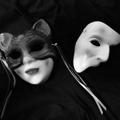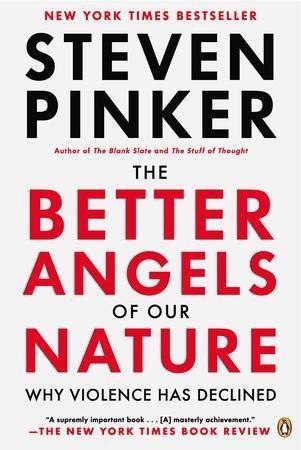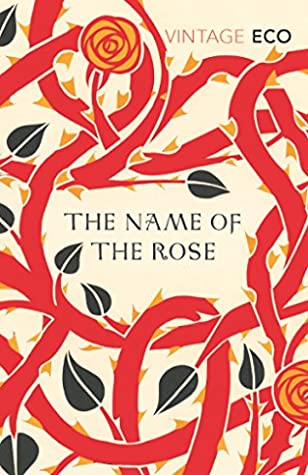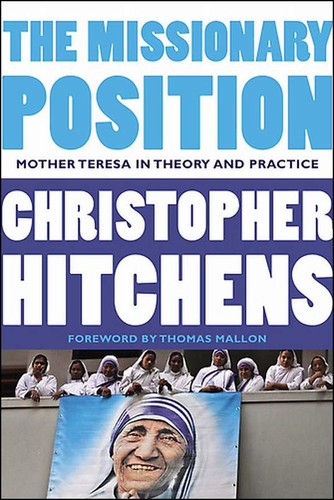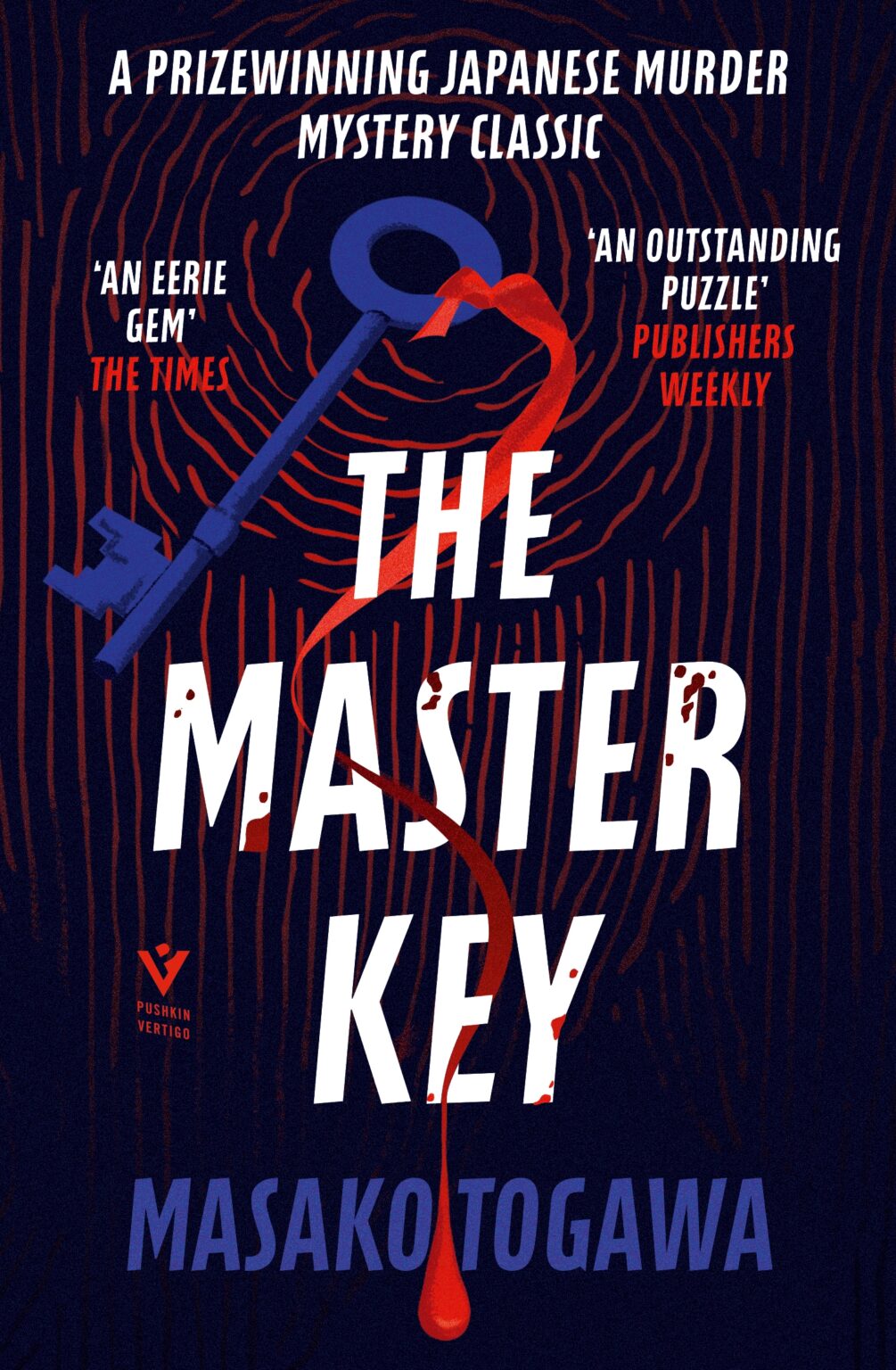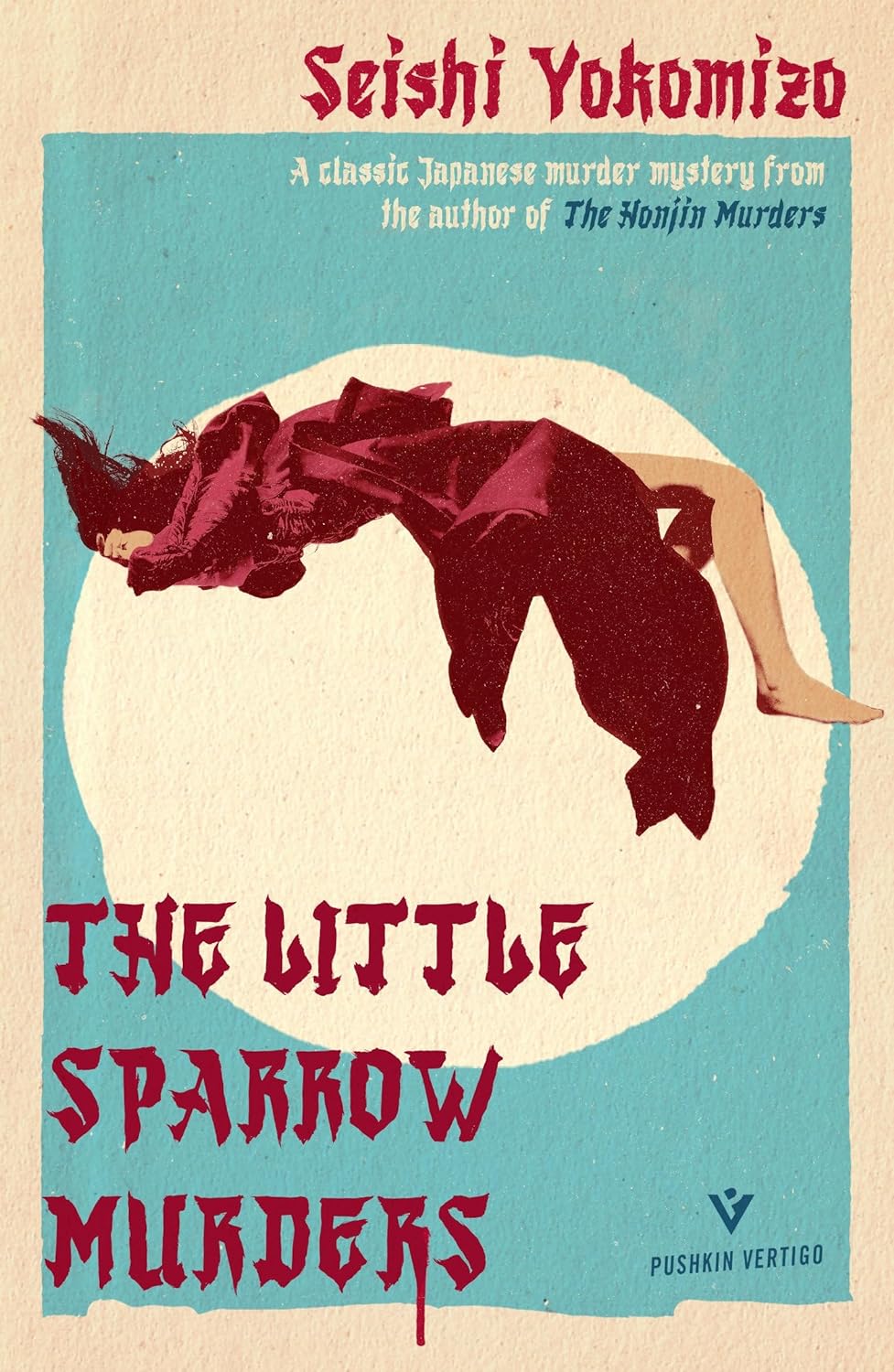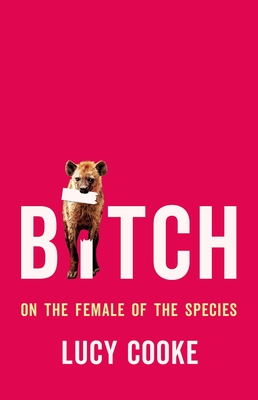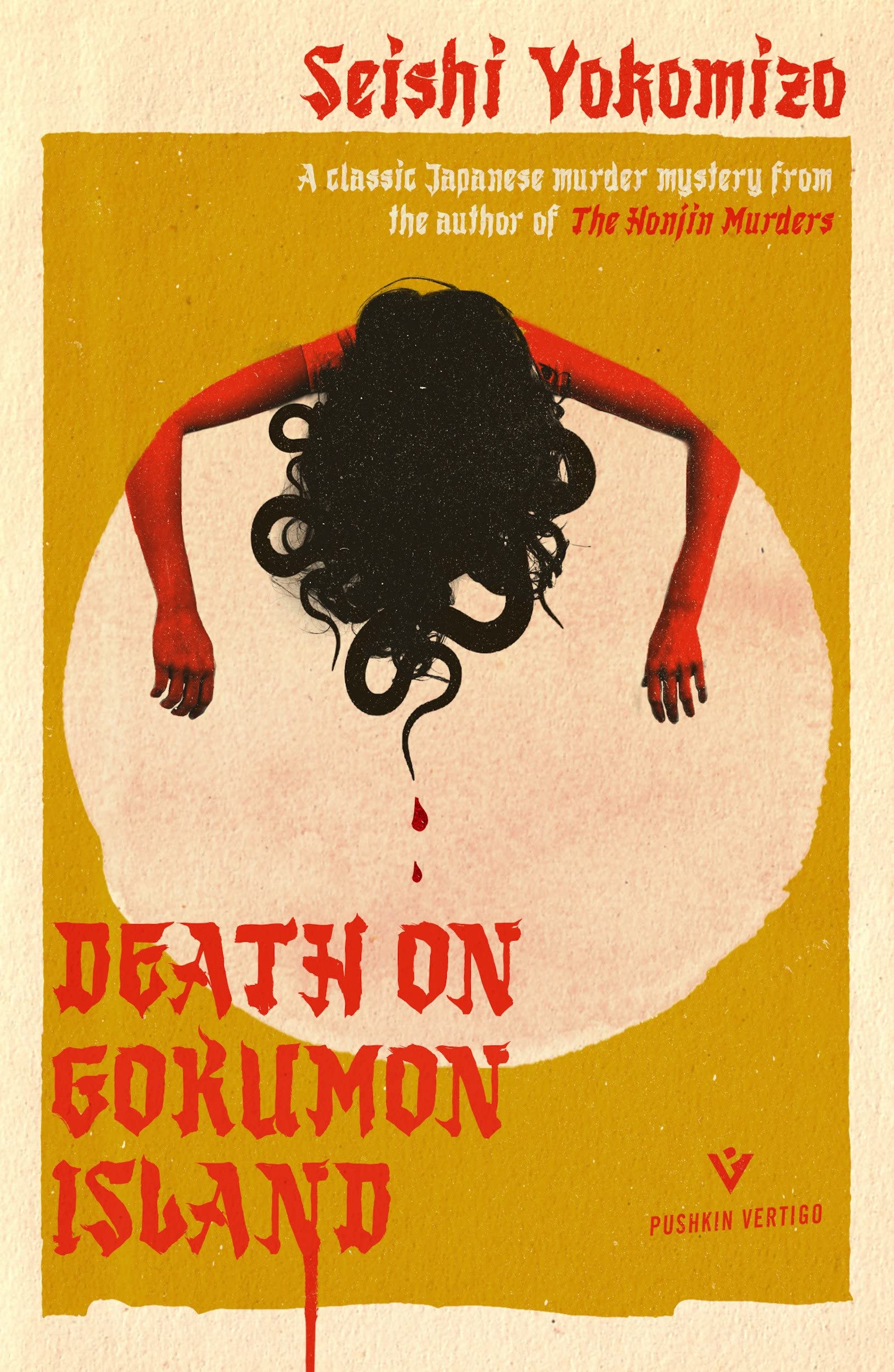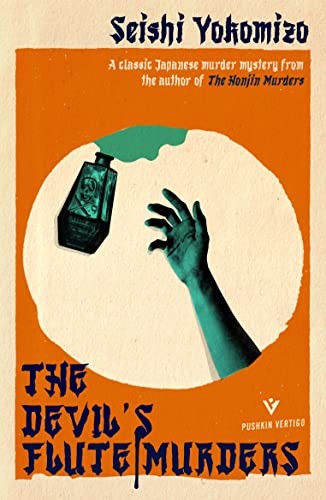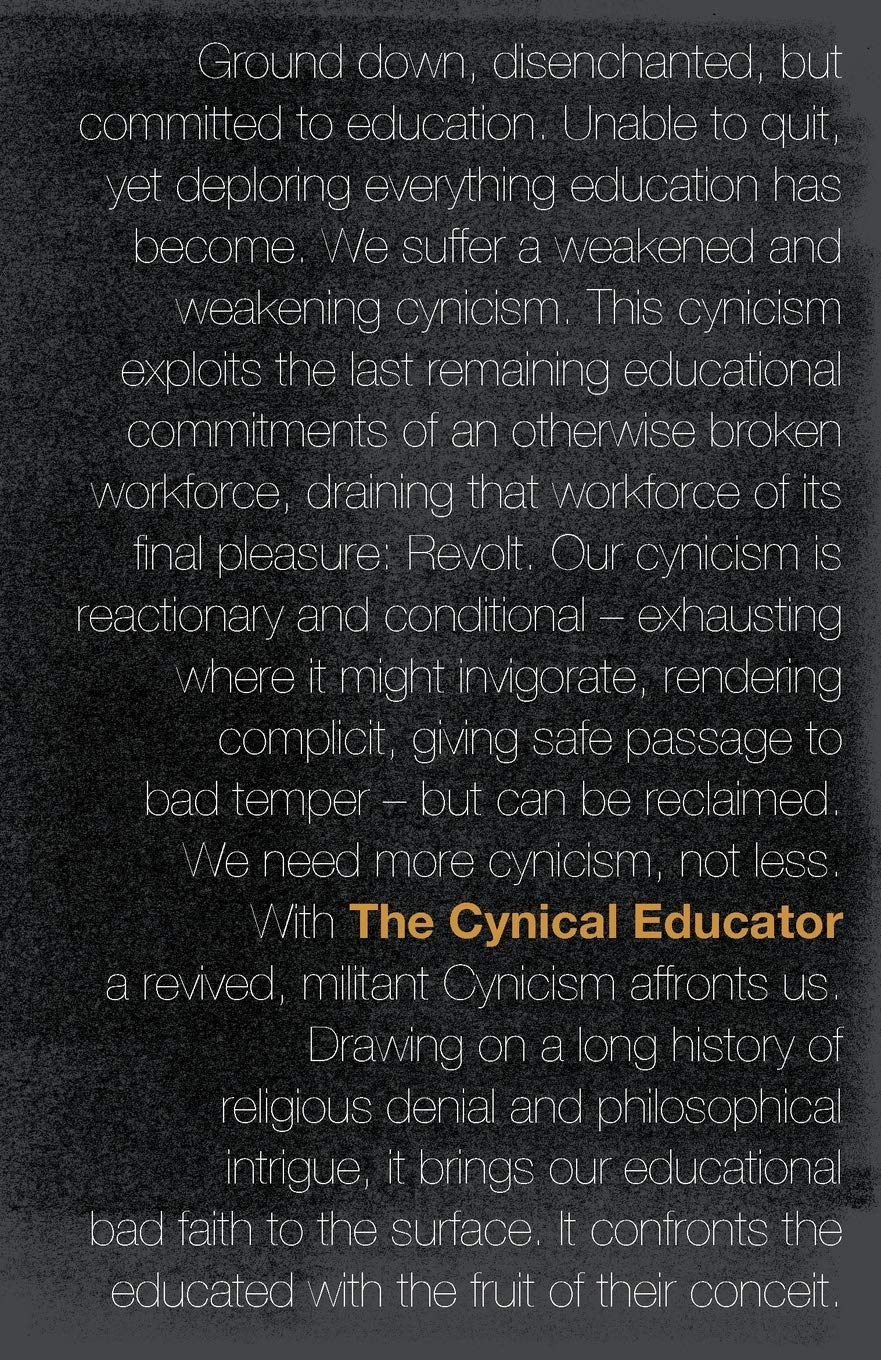nerd teacher [books] commented on The better angels of our nature by Steven Pinker
On writing technique, his only ability to transition between sections and chapters is to tell you what the chapter is supposed to be about, even if he's already told you what the chapter is about.
A lot of what he views as historic data related to violence is... Not actually data and relies upon a lot of assumptions that we cannot and should not (and honestly are not qualified in the here and now) to make. Hobbes and Rousseau are not the only people to make determinations on what violence is, and I'm sure there were people who were entirely unlike them in their own time and sharing the same continent who would've said as much. But what else can you do when you systematically ensure that the history you look at doesn't involve any other sorts of people or that they appear to never have existed in the first …
On writing technique, his only ability to transition between sections and chapters is to tell you what the chapter is supposed to be about, even if he's already told you what the chapter is about.
A lot of what he views as historic data related to violence is... Not actually data and relies upon a lot of assumptions that we cannot and should not (and honestly are not qualified in the here and now) to make. Hobbes and Rousseau are not the only people to make determinations on what violence is, and I'm sure there were people who were entirely unlike them in their own time and sharing the same continent who would've said as much. But what else can you do when you systematically ensure that the history you look at doesn't involve any other sorts of people or that they appear to never have existed in the first place.
